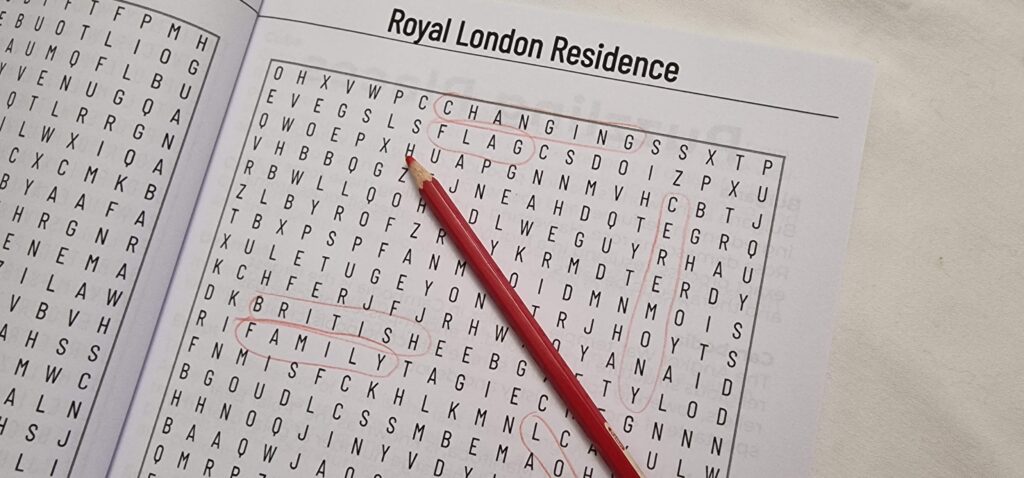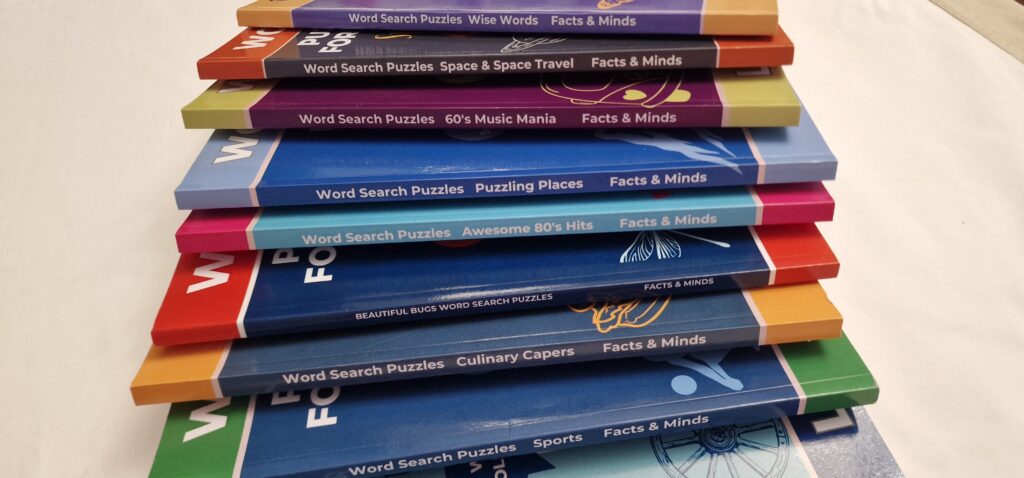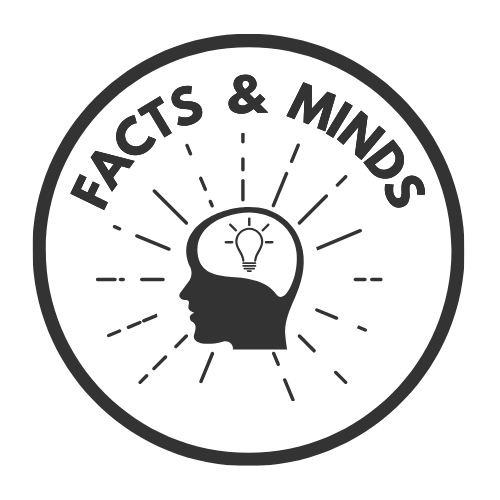
The Joy (and Challenge) of Word Searches
Remember that satisfying feeling when you finally spot that elusive word hiding in plain sight? There’s something undeniably addictive about the “aha!” moment in word search puzzles. Whether you’re a casual solver who enjoys the occasional puzzle with your morning coffee or a dedicated enthusiast tackling the Sunday paper’s monster grid, mastering a few key strategies can help you conquer any puzzle with confidence.
But let’s be honest—we’ve all also experienced the frustration of staring at a jumble of letters, convinced that “QUINTESSENTIAL” simply isn’t in there (despite checking the word list three times). Your eyes blur, the letters start swimming, and suddenly you’re questioning your ability to recognize basic words. We’ve been there too!
Today, we’re sharing battle-tested strategies that transform struggling solvers into word search wizards. These techniques won’t just make puzzling more enjoyable—they’ll boost your efficiency, sharpen your focus, and maybe even impress your puzzle-loving friends at the next game night. Oh, and don’t forget to check out our word search puzzle books for endless fun and brain-boosting challenges.
Start With a Game Plan
The difference between random scanning and strategic solving is like the difference between wandering aimlessly through a maze versus having a map. Many puzzle enthusiasts make the mistake of diving in without a system, which leads to inefficiency and frustration.
Instead, try this methodical approach: scan the word list before you even look at the grid. Sort the words mentally by length—those longer words with distinctive letter combinations will be your first targets. Words like “XYLOPHONE” or “JAZZY” contain uncommon letters that stand out in the grid, making them perfect starting points.
“I always begin with the Z’s, X’s, and J’s,” says one dedicated solver. “Find those rare letters first, and half your work is already done.”
Another effective strategy is to look for words with distinctive patterns. Words with double letters (like “BOOKKEEPER”) or unusual letter combinations create visual patterns that your brain can spot more easily among the chaos.
Find the Easy Words First
Every word search has those words that seem to pop off the page immediately. Grab those low-hanging fruits first! This helps build momentum and makes it easier to spot trickier words as you go.
The Direction Detective
Did you know that most puzzle creators have favorite directions to hide words? While words can theoretically run in eight different directions (horizontally, vertically, diagonally—forward and backward in each), many puzzles favor certain orientations.
Start by scanning horizontally from left to right—it’s how we naturally read, so our brains are already primed for this pattern recognition. Once you’ve exhausted the obvious horizontal words, switch to vertical scanning from top to bottom.
Only then should you tackle the diagonals, which are typically the most challenging to spot. Remember that backward words often trip up even experienced solvers, so don’t forget to look for those sneaky reversals when you’re stuck.
Pro tip: When you find a word’s first letter, quickly check all eight directions from that letter before moving on. This radial search technique catches words you might otherwise miss during systematic scanning.

The Power of Prefixes and Suffixes
Common word beginnings and endings are your secret weapons in the word search arsenal. Train your eye to spot popular prefixes like “RE-“, “UN-“, “PRE-” and suffixes like “-ING”, “-ED”, or “-ATION”.
This technique is particularly effective when puzzles are themed around certain topics. For example, science-themed puzzles might contain several words ending in “-OLOGY” or “-ATION”, while action-oriented puzzles might feature many “-ING” words.
“Once I started focusing on common prefixes and suffixes, my solving speed nearly doubled,” reports a regular puzzler. “Instead of looking for entire words, I hunt for these patterns and then check if they’re part of target words.”
Color-Coding and Marking Techniques
The humble pencil might be traditional, but strategic marking transforms your solving experience. Consider using different colored pencils or highlighters for different types of words or different solving sessions.

For particularly challenging puzzles, try this progressive marking system:
- Circle the first letter of each word you’re searching for
- When you spot a potential match, trace the word lightly in pencil
- Only highlight or mark in pen once you’ve confirmed the entire word
This methodical approach prevents the confusion that happens when your enthusiastic highlighting obscures nearby letters—we’ve all been there!
Stay Fresh, Stay Focused
Even the most dedicated word searchers hit the wall sometimes. Eye fatigue is real, and it significantly impacts your pattern recognition abilities. If you’ve been staring at the same grid for too long, take a break! A fresh perspective works wonders.
Here’s how to maintain peak performance:
- Stand up and stretch.
- Look away from the puzzle for 30 seconds.
- Blink rapidly to refresh your eyes.
- Take regular breaks. The 20-20-20 rule works wonders: every 20 minutes, look at something 20 feet away for 20 seconds.
- Change your physical position or puzzle location. Sometimes a new angle or different lighting makes previously invisible words suddenly obvious.
- Hydrate and snack smartly. Your brain consumes significant energy during focused puzzle solving.
“I solve half the puzzle in the morning and half in the evening,” explains one strategic solver. “Coming back with fresh eyes helps me spot words I completely missed earlier.”
Another concentration-maintaining trick: set a timer for 15-minute sessions, then take a 5-minute break. This interval training for your brain prevents the diminishing returns of marathon sessions.
Use a Ruler or Your Finger to Stay on Track
Ever found yourself reading the same row over and over? A simple fix is to use a ruler, piece of paper, or even your finger to guide your eyes along the grid. This prevents accidental skipping and helps maintain focus.
Challenge Yourself with Timed Puzzles
Want to level up your word search skills? Set a timer and see how fast you can complete a puzzle. Speed-solving helps improve pattern recognition and makes regular puzzles feel easier over time. Compete with friends or family to see who can finish a puzzle the fastest. Winner gets bragging rights (or a cookie, if you’re feeling generous).
Level Up Your Game with Advanced Techniques
Ready to join the ranks of word search masters? These advanced strategies separate the casual solvers from the puzzle pros:
The Grid Quadrant Method: Divide the puzzle into four sections and solve one quadrant at a time. This reduces overwhelm and gives you a sense of progress.
The Letter Frequency Approach: For extremely difficult puzzles, scan for less common letters like J, K, Q, X, and Z first, then work outward from there when you find them.
The Theme Immersion Technique: If the puzzle has a specific theme, immerse yourself in that subject’s terminology before starting. Your primed brain will more easily recognize topic-specific terms.
The Partner System: Solve challenging puzzles with a friend, each taking different sections or word types. Two brains are definitely better than one!
Finding Your Perfect Puzzles
Not all word searches are created equal. The best puzzles match your skill level while providing just enough challenge to keep things interesting. Too easy, and you’ll get bored; too difficult, and you’ll get frustrated.
Our collection of 10 specialized word search books offers something for every type of solver. Each book contains puzzles at two different levels, allowing you to progress naturally as your skills improve. From beginner-friendly grids with common words to more challenging puzzles with specialized vocabulary, you’ll find the perfect match for your solving style.
What makes our collection special is the thoughtful selection of words centered around specific themes and knowledge areas. Each book not only offers engaging word search puzzles but also includes fascinating facts woven into the challenges, helping you learn something new as you play! Whether you’re passionate about science and nature or love positive, uplifting messages, our puzzles do more than entertain—they expand your vocabulary in fun and practical ways.
If you love word searches and want a real challenge (or just need something to do while sipping your coffee), check out our word search puzzle books. They’re packed with creative themes, engaging puzzles, and just the right amount of difficulty to keep you entertained.

Ready to Put These Strategies to Work?
Armed with these proven techniques, you’re now set to tackle even the trickiest word searches with confidence. The key is consistent practice and a strategic approach!
Ready to test your new skills on expertly crafted puzzles? Explore our complete collection of word search books at Facts and Minds. With options for all skill levels and interest areas, you’ll find hours of brain-boosting entertainment.
Happy hunting, word wizards!



